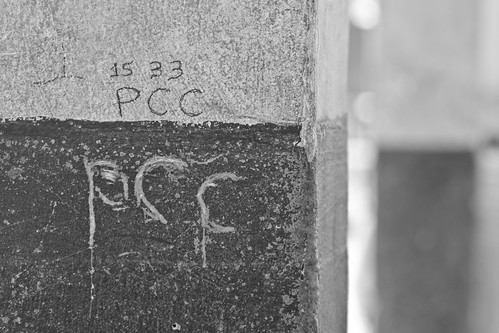
On November 3 2012, the Adalet ve Kalkınma Partisi (AKP) (Justice and Development Party – JDP) celebrated the 10th anniversary of its landslide victory in the 2002 Turkish general election. Founded a year earlier, the AKP won 363 out of 550 seats in the Grand National Assembly.Ankara’s new administration immediately set about reforming. And arguably one of the domains where reforms have been most noticeable is that of Turkey’s foreign policy. Once described as “one-dimensional”, “reactive”, “passive” and “hesitant”, successive AKP administrations transformed Turkish foreign policy into something far more ambitious, assertive and independent.
When discussing Turkish foreign policy after 2002, it is difficult – if not impossible – not to mention Foreign Minister Ahmet Davutoğlu and his book “Stratejik Derinlik” (Strategic Depth). Turkey’s strategic depth, according to Davutoğlu, “rests on its geographical and historical depth”. The country’s location in the midst of Afro-Eurasia and its Ottoman past “provides Turkey with a unique set of relations with its neighboring countries and at the same time places the country in a position to relate to and influence…developments”. Accordingly,Turkey seeks to use its strategic depth to promote stability and peace in its neighboring regions, an outlook that is often referred to as Ankara’s “zero problems with neighbors” policy. This essentially involves improving or re-establishing economic and political ties with Turkey’s neighboring countries.




